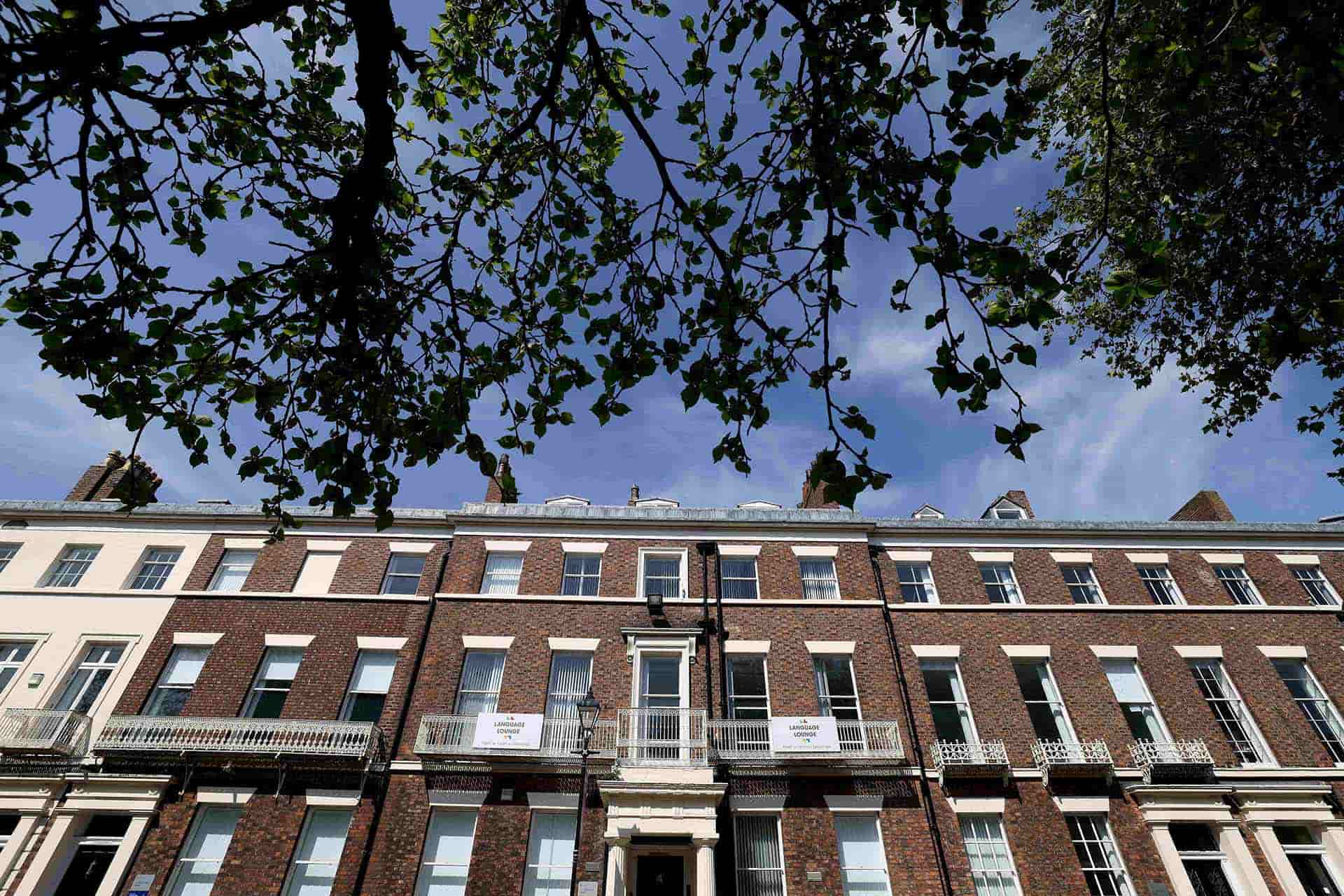
In this post, graduate Kwame answers a few questions about the International Slavery Studies MA course (MAIS), covering what he found most valuable and what he is doing now.
What did you find most valuable about your course?
The International Slavery course for me was invaluable. As a student entering the study of history for the first time, this course provided me with the formative knowledge needed to engage in historical research effectively. The opportunity to do so in an environment that was concerned with the international histories of slavery meant that I was able to develop specialist knowledge, in collaboration with my academic peers and lecturers, that would not have been afforded to me on any other course.
What skills did you develop on this course?
Whilst the acquisition of effective historical research methods, it could be argued, does not directly translate to a set of skills which can only be acquired during the study of historical slavery, I am not convinced. Learning to engage with historical records that erase enslaved peoples and read beyond them is a skill that cannot be acquired in one class, or once a term, but must instead be developed over time. With this being said, time was the most valuable thing gained during this course; the time to sit with the weight of the subject, for a full year, amongst people who have spent their life uncovering these histories and learn from and alongside them. Ultimately, this MA course is invaluable precisely because it allows the time needed to learn and enhance the skills required to carry out historical research concerning slavery.
What are your future plans?
At present engaged in my PhD research at the university of Glasgow as recipient of the James McCune Smith Scholarship, and an educational practitioner. The research that I am conducting (the legacies of slavery and colonisation in Ghana as they relate to extractive technologies such as plantations and mines) has been shaped a great deal by the research I carried out during my MA studies.
Through a combination of the skills acquired during my MA I am deploying a transdisciplinary approach to my research that will allow for a more holistic understanding of the historical context of my subject matter. Similarly, although having worked in the field of education and anti-racism for the past six years, my practice has been greatly improved studying on the MA program at Liverpool; it allowed me to think more clearly about the construction of race, and its legacies today, and how we might engage in historical research to disrupt racist ideologies.
Without the time spent on the ‘International Slavery Studies MA’ I would not have had the opportunity to engage with the histories of slavery and its afterlives in a dedicated and supportive environment, and this would have undoubtedly had an impact on my practice as an educator, and the development of my doctoral research project.